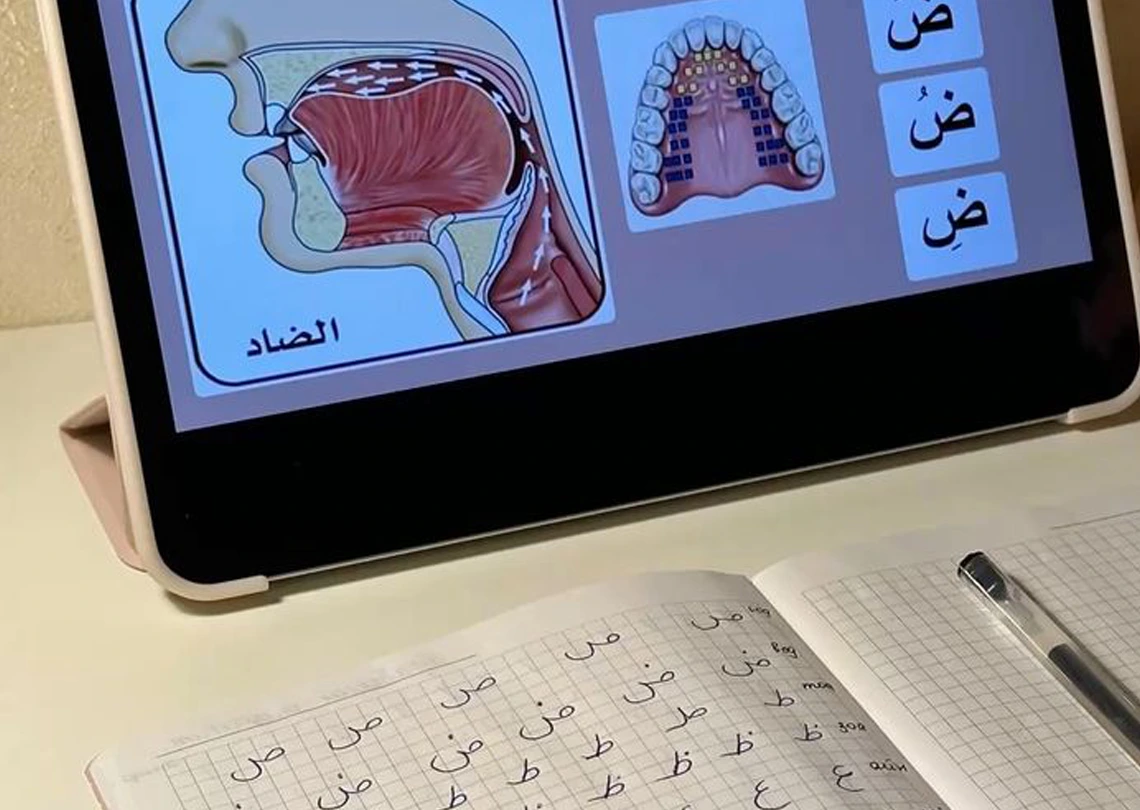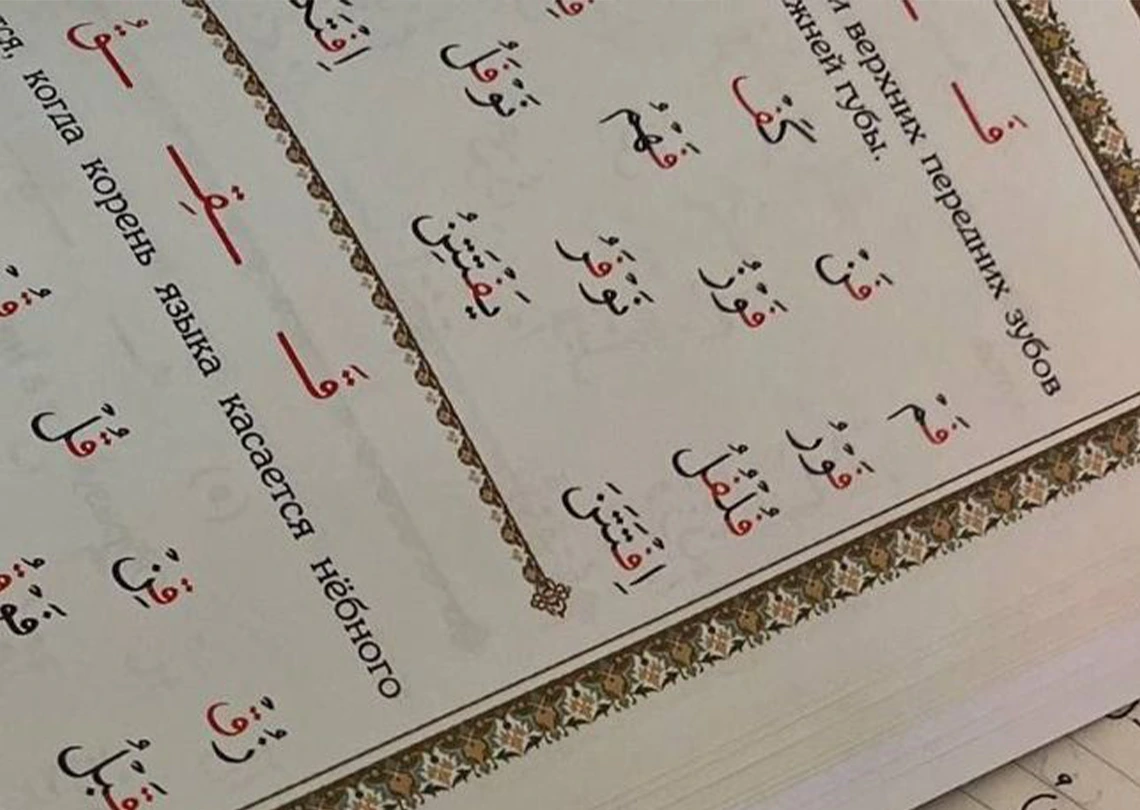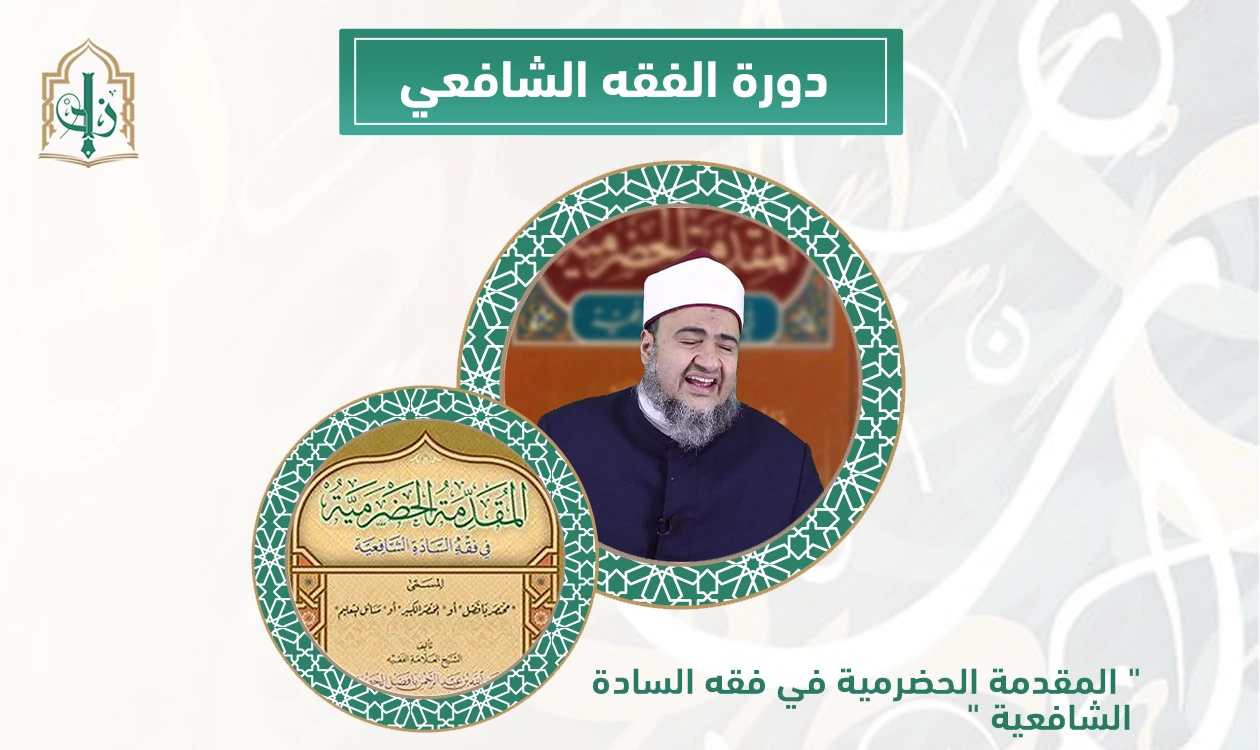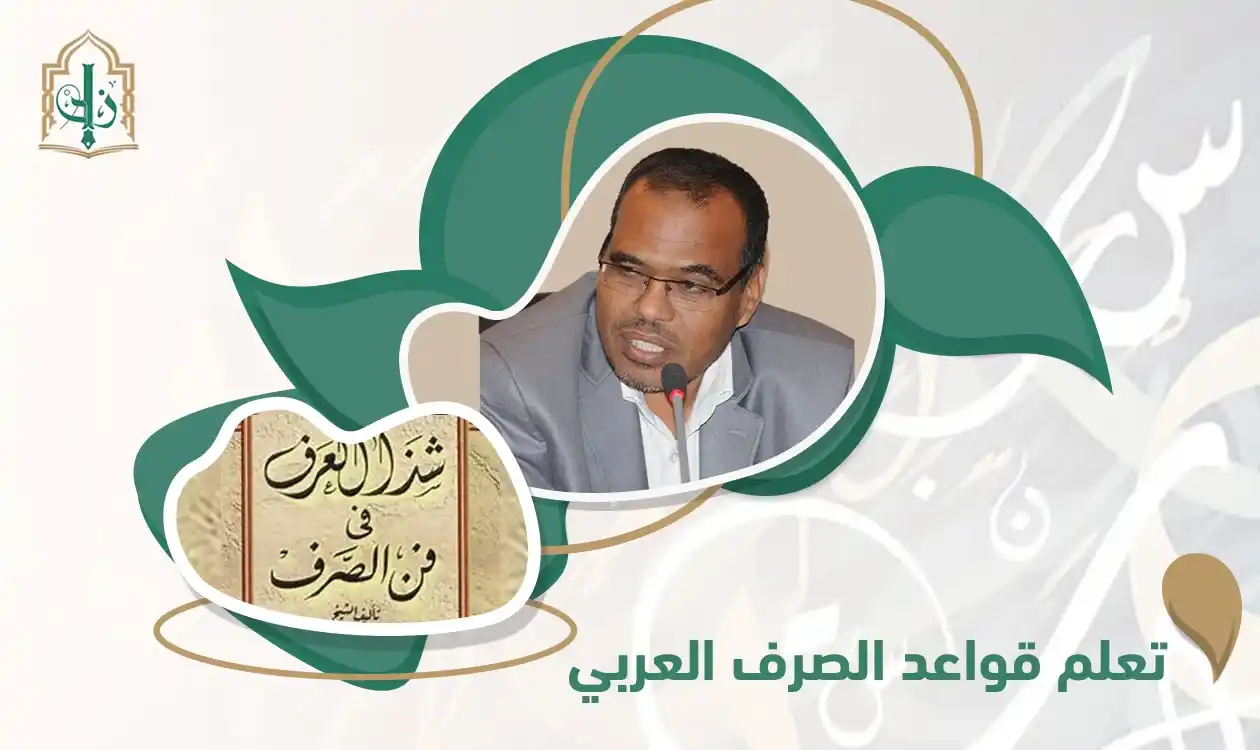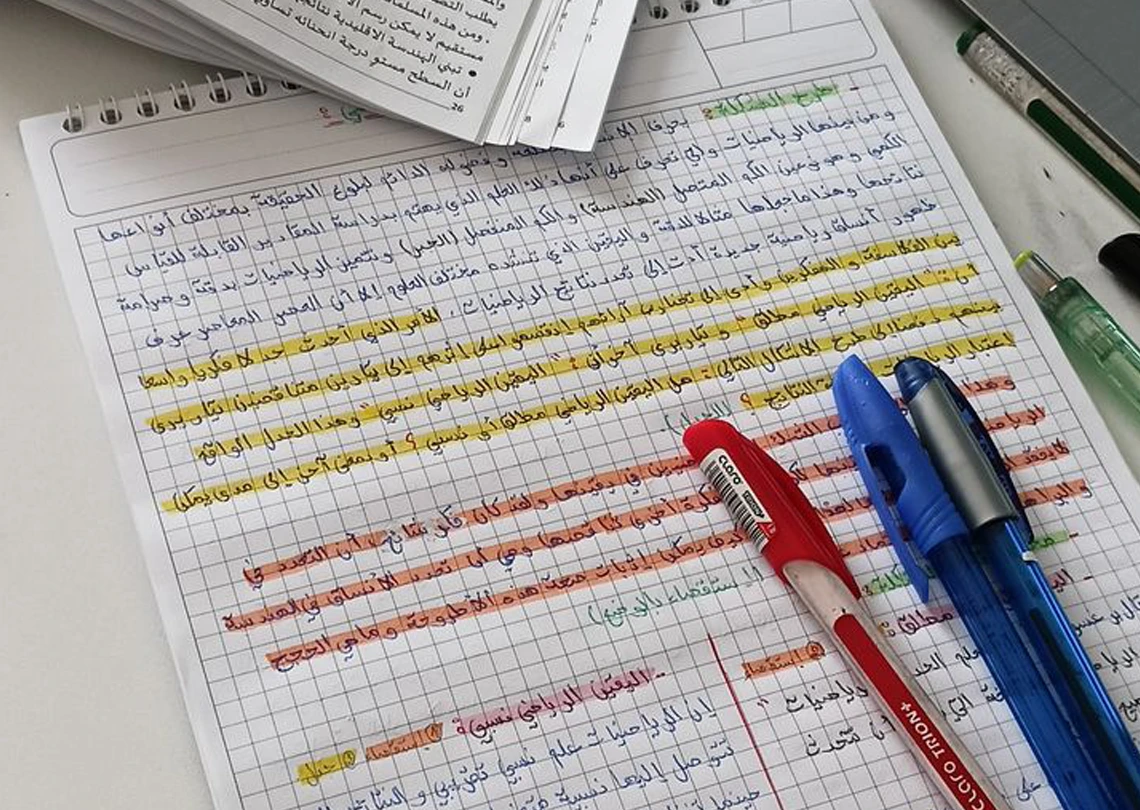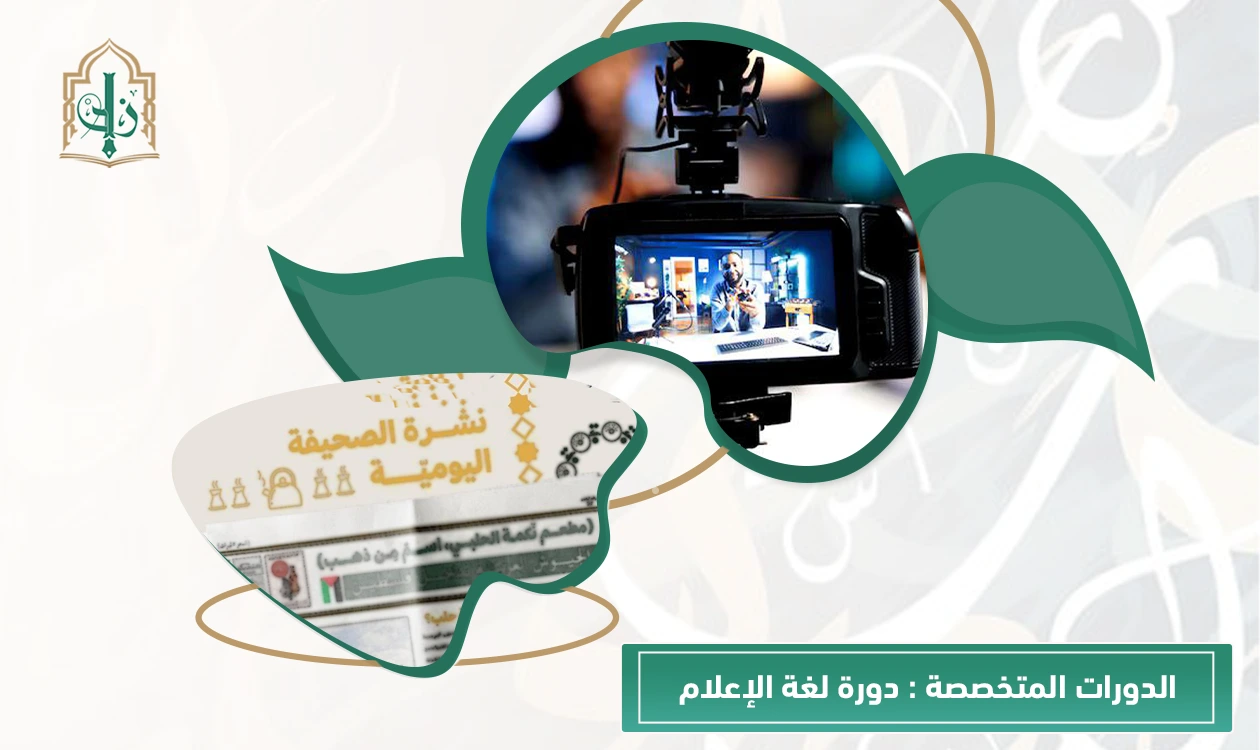-
27 Feb, 24
The Beauty and Unique Charm of the Arabic Language
The Importance of the Arabic Language
The Arabic language holds a distinguished status among world languages, as it is:
- The Language of the Holy Quran
As the language of divine revelation, Arabic enjoys a sacred status among Muslims. It serves as a medium for understanding Islamic teachings and reciting the Book of Allah. - The Language of History and Civilization
Arabic flourished with the spread of Islam and became the language of science and culture during the Golden Age. Arab and Muslim scholars contributed significantly to various fields, including astronomy, medicine, chemistry, and mathematics. - A Language of Communication and Education
Arabic remains the primary language of education and media in Arab countries and is a crucial tool for documenting the cultural and intellectual heritage of the nation. - A Language Rich in Vocabulary and Structures
Arabic possesses an immense linguistic wealth, with thousands of words that allow for precise and nuanced expression of meanings.
The Beauty of the Arabic Language
1. The Beauty of Arabic Script and Calligraphy
Arabic letters are not merely symbols; they embody an artistic essence that reflects creativity and beauty. This is evident in Arabic calligraphy arts, such as Kufic, Diwani, Ruq'ah, and Naskh scripts, which adorn mosques, books, and historical manuscripts.
2. Eloquence and Rhetoric
Arabic has an exceptional ability to convey meanings through eloquent expressions, as seen in the Holy Quran, which challenged the Arabs with its unparalleled linguistic excellence. Likewise, Arabic literature—including poetry, prose, and oratory—showcases masterpieces that express profound meanings in the most exquisite ways.
3. Diversity of Literary Styles
The beauty of Arabic is evident in various literary forms, such as:
- Poetry: Arab poets excelled in using poetic meters, rhymes, and unique structures. Renowned poets include Al-Mutanabbi, Ahmed Shawqi, and Abu Al-Qasim Al-Shabi.
- Prose: Arabic is rich in literary styles like saj‘ (rhymed prose), parallelism, and maqamat (short, rhymed narratives), pioneered by authors like Al-Jahiz and Al-Hamadhani.
- Stories and Novels: Arabic writers have skillfully depicted human emotions and life details through captivating and refined storytelling.
Challenges Facing the Arabic Language
Despite its remarkable attributes, the Arabic language faces several challenges, including:
- The Influence of Foreign Languages
Cultural globalization has led to the widespread use of foreign terms in daily life, impacting the prevalence of Standard Arabic. - Declining Scientific Research in Arabic
Most scientific studies and research are written in other languages, reducing Arabic's role in modern academic disciplines. - The Dominance of English in Technology
The fields of technology and programming heavily rely on English, making Arabic less prominent in this sector. - Weak Arabic Language Education Methods
The lack of engaging and modern teaching methods has led some younger generations to lose interest in writing and speaking Arabic fluently.
How to Strengthen the Arabic Language
To preserve and promote the Arabic language, several steps must be taken:
- Enhancing Arabic Education using innovative methods that incorporate technology and multimedia to attract young learners.
- Enriching Arabic Content on the Internet by increasing the number of scientific, literary, and encyclopedic articles in Arabic.
- Encouraging Scientific Research in Arabic by providing more academic references in various fields.
- Launching Awareness Campaigns to promote pride in the Arabic language and encourage its use in institutions and society.
The Arabic language remains one of the world's greatest languages, carrying a rich history, enchanting linguistic beauty, and boundless expressive capabilities. Despite the challenges it faces, nurturing and promoting it across various domains will preserve its magnificent heritage and ensure its continuation as a language of knowledge, literature, and communication.

“ The Arabic language is one of the oldest languages in the world, with roots stretching back thousands of years. It is the language in which Allah revealed the Holy Quran, granting it immense religious and cultural significance. In addition to this, Arabic is distinguished by its captivating beauty—whether in pronunciation, writing, or unique linguistic structures—making it one of the richest languages in terms of eloquence, rhetoric, and precise expression. ”







